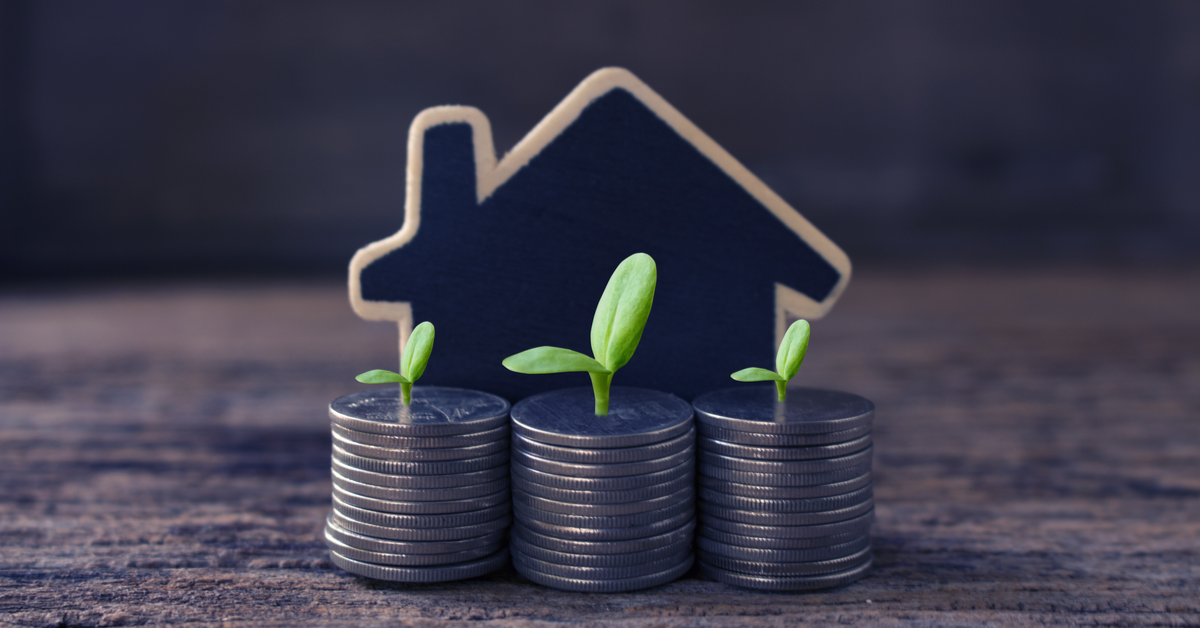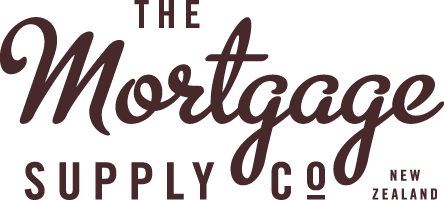
As more and more Kiwis look at getting ahead and onto the property ladder, property investment has become increasingly popular. Property investment isn’t always easy and learning about the industry can spark many questions for new (and even not-so-new) investors alike. Here are some of our most commonly asked questions, and all you need to know about investing in property in New Zealand.
What are capital gains?
An investment property is different to your personal house in that its purpose is less about create a warm, familial place to call home and more about increasing your return. This can either be in the form of rental income or capital gains. Capital gains are the profit achieved from the property increasing in value. For example, if you purchase a house for $600,000 in a growing region, and then sell it several years later for $700,000, you have made a capital gains growth of $100,000.
What is the minimum deposit?
The minimum deposit for property investment in NZ is generally around 20%. Banks are restricted on the number of high-risk investment loans they can give, meaning the smaller the deposit, the harder it could be to get a loan. This is known as LVR, or Loan to Value Ratio. However, if you already have an existing property, you may be able to use your equity from that home to help cover more of your deposit.
Where should I invest?
Investing in property can be lucrative so there is often a high demand for good investment properties. Look for areas that are growing in value, as this will ensure you earn capital gains from your investment. You will have to be willing to look at a lot of properties and make offers on several of those. The best places for property investment in NZ are in areas that have a low vacancy rate, as if you are unable to fill your property with tenants, you will lose money.
What is yield?
While looking to invest there’s more to a property than it’s price. Don’t forget to evaluate the properties yield, as this could be where you lose money. Yield is the amount of money that a property generates per year, minus the cost of maintenance, rates, insurance etc, and divided by the value of the property. You can take steps to increase your yield, such as renovations, but these steps will cost you more money at the start.
Learn more: 10 Easy Improvements to Add Value to Your Property
What are the risks of property investment?
A big risk is if you calculate yield based on current interest rates, and the interest rates increase, the yield will drop, making the investment less profitable. Borrowing money means you’re tied to that lender, which can come with risks. If your investment property is mortgaged with the same lender as your home, the lender could sell both homes if you struggle with one of the mortgages. The lender also has the power to unexpectedly request for your mortgage to be repaid and, although unlikely, if you’re unable to sell or fail to sell enough to cover the mortgage, you’re at risk of financial problems. While investing can have big payoffs, make sure you’re aware of what you’re getting into and the possible risks.
Is owning an investment property easy?
Once you’ve found, purchased and own a property, the work doesn’t just stop there. A positive yield requires tenants, and it is your responsibility to find tenants and monitor they are respecting your property. Hiring a property manager can help alleviate this stress, as they take over responsibility for organising maintenance and communication. However, the cost of a property manager will lessen your returns.
How do I invest?
One of the first steps in building your property investment portfolio is to gather great advice. To answer any of your questions and help you along your journey, our team are here to help.









